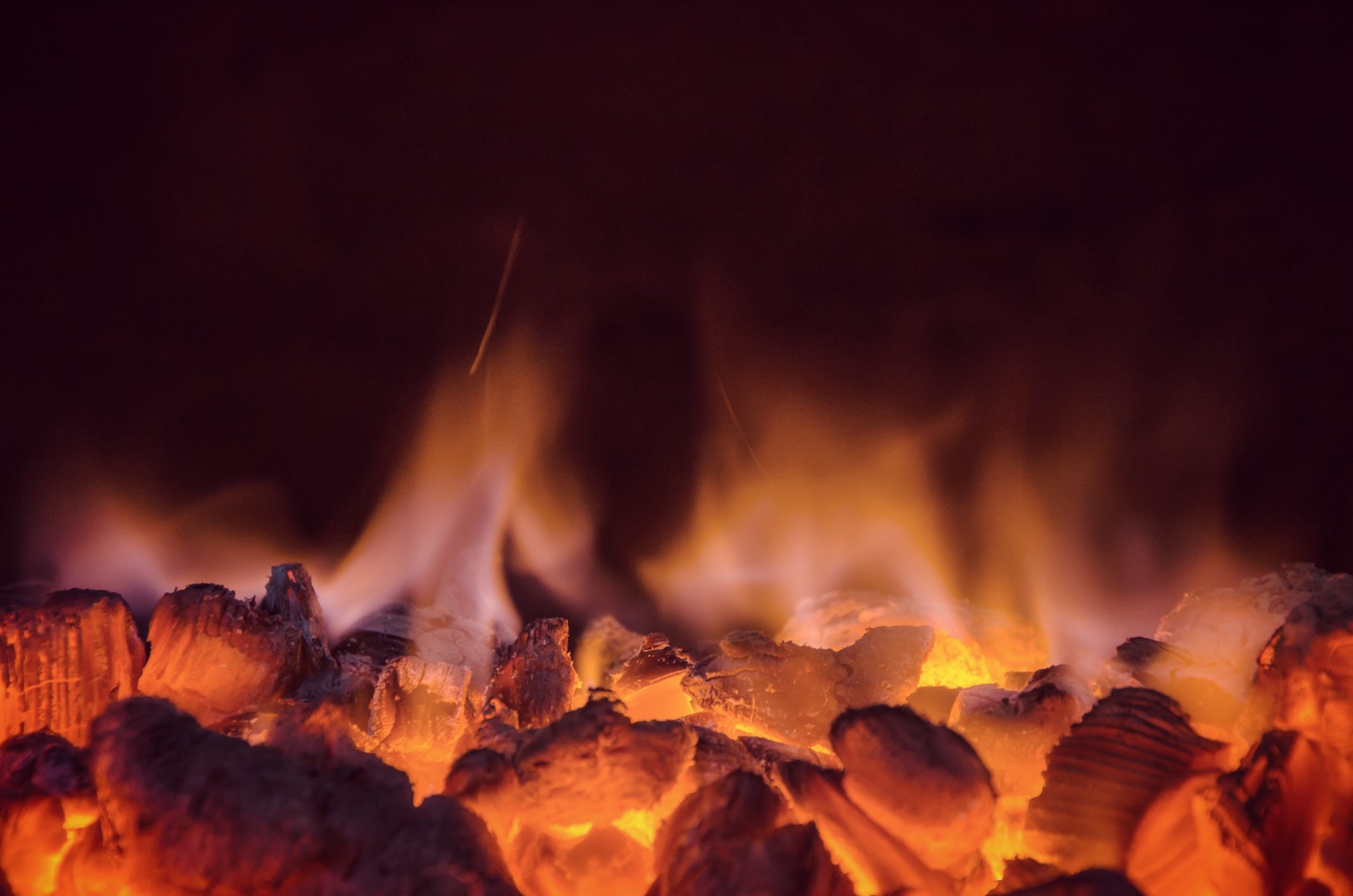With warmer weather in Texas, families look to spend more time outdoors before the stifling heat of the summer sets in. What better way to welcome spring than to fire up the grill.
Decades ago, the only choice for a grill was a charcoal barbecue. It was a bit messy, took a while to get the coals hot, but provided a reliable way to cook food outdoors. The charcoal grill could be lugged to parks where families could grill, swim and play football on a warm Sunday afternoon.
In the 70s, families moved toward propane-fueled grills. There was no mess, the gleaming stainless steel grills were more substantial in size and sturdiness and a tank could last an entire season depending on how much you grilled.
In the 2000s, families built homes or renovated so that grills were fueled with a natural gas line directly from an outdoor hookup.
The bag of charcoal sat in your garage unused and you felt proud of your choice because it was better for the environment. Or was it?
According to a paper in Environmental Assessment Review, charcoal definitively pumps more carbon emissions into the air than propane or a natural gas grill.
- Charcoal grills emit 11.6 pounds of carbon dioxide per hour into the air.
- Gas grills (propane/natural gas) put 5.6 pounds of carbon dioxide per hour into the atmosphere.
Your choice seems simple. Go with propane or natural gas because the numbers are staggering. Charcoal pumps twice as much pollution in the air. The choice is obvious. Or is it?
The decision isn’t as straightforward as it seems. You must look at the bigger picture of how these natural resources are procured. The emissions from these natural resources are misleading because the production of making these products is much higher than it seems.
Natural gas and propane are byproducts of petroleum, which is not a renewable resource. Fracking in the U.S., and specifically in Dallas, is a main process of retrieving natural gas and is highly controversial. Many municipalities in the Dallas area have banned the process from being performed within the city limits because of concerns about the environment and the resulting earthquakes associated with production.
Charcoal comes from wood and so long as the trees are replanted, the pollution output by grills can be absorbed by the replanted trees, so charcoal can be an emissions neutral choice.
Shocking isn’t it? A messy choice that appears to be the clear loser, turns out the winner for folks who make green energy and using renewable resources a priority.
